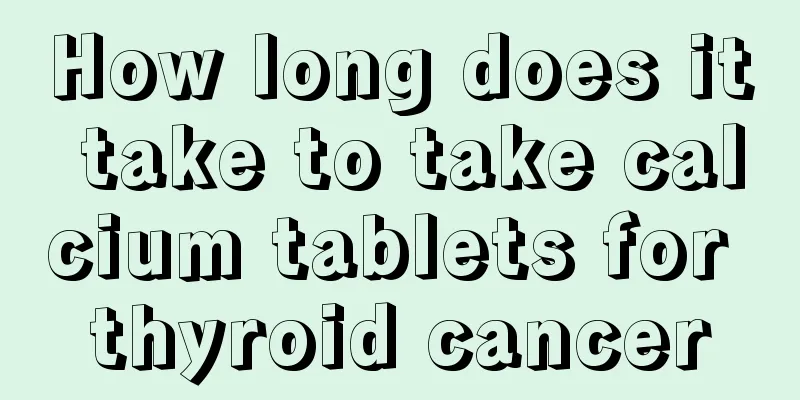How to prevent colon cancer after cholecystectomy

|
Colon cancer is the third leading cause of death in the world. Although there have been great advances in the treatment of colon cancer, the 5-year survival rate of advanced colon cancer has not improved much over the years. Therefore, the significance of colon cancer prevention is becoming more and more important. To prevent colon cancer, you need to "eat a reasonable diet, exercise moderately, quit smoking and limit alcohol consumption, and maintain a balanced mentality". Specific measures include the following: 1. Regular check-ups: People at high risk of colorectal cancer, such as men over 40 years old, patients with familial multiple intestinal polyps, patients with ulcerative colitis, patients with chronic schistosomiasis and those with a family history of colorectal cancer should have regular check-ups and be alert to the signs and early symptoms of colorectal cancer, such as changes in bowel habits, alternating diarrhea and constipation, bloody or black stools, and flatter and thinner stools. 2. Improve eating habits: Change the habit of eating meat and high-protein foods as the staple food. Eat less high-fat foods, especially control the intake of animal fat. Arrange daily diet reasonably, eat more fresh fruits, vegetables and other foods rich in carbohydrates and crude fiber, and appropriately increase the proportion of coarse grains and whole grains in the staple food, and avoid eating too fine or too refined. 3. Prevention and treatment of intestinal diseases: Actively prevent various polyps, chronic enteritis (including ulcerative colitis), schistosomiasis, chronic dysentery, etc. Intestinal polyps should be treated early. There are five major categories of colon polyps, namely adenomatous polyps, inflammatory polyps, hamartomatous polyps, biochemical polyps and mucosal hypertrophy. Among them, adenomatous polyps are true tumor polyps and precancerous lesions of colon cancer. Therefore, when colon adenomas are found, they should be removed at the benign adenoma stage and pathological examination should be performed. If not treated early, most of them will develop into colon cancer. In addition, habitual constipation should be actively treated and attention should be paid to keeping bowel movements smooth. |
<<: Is colon cancer hereditary?
>>: What are the effective drugs for treating colon cancer?
Recommend
What is the most effective way to prevent liver cancer? Eat more of these foods to prevent liver cancer
How to prevent liver cancer? There are many ways ...
Will breast hyperplasia nodules move?
Hyperplastic breast nodules may be somewhat activ...
What medicine is better for nasal mucosal edema
Patients with nasal mucosal edema must pay attent...
What can you supplement with durian and what are its nutritional values?
Durian is a tropical fruit, so it has a high suga...
Are there any symptoms of advanced lymphoma that can be treated with Chinese medicine?
We also need to know about the late stage of lymp...
Why does a hard lump grow on my ear and it hurts?
A hard lump inside the ear should certainly not b...
Why is hair so oily
Sometimes we feel that our hair is very oily. We ...
Why are my lips swollen after sleeping?
Some people will always experience various change...
How to improve the survival rate of pituitary tumors
Pituitary tumors are very painful for patients. T...
How much does targeted therapy for lung cancer cost? All the money for targeted therapy for lung cancer is spent here
Targeted therapy is a new type of tumor treatment...
Which organ in the human body is the most tired? Many people don't know...
As the saying goes, "diseases come from the ...
Is wood plastic board harmful?
People are paying more and more attention to envi...
What are the nursing methods for liver cancer bedsores? The most comprehensive introduction to nursing methods for liver cancer bedsores
Liver cancer patients are bedridden for a long ti...
What to do if your marriage is unhappy?
Every woman wants her marriage to be happy, but m...
What is the best way to eat Jiulong worms
There are many things in the China Real Estate Ex...









